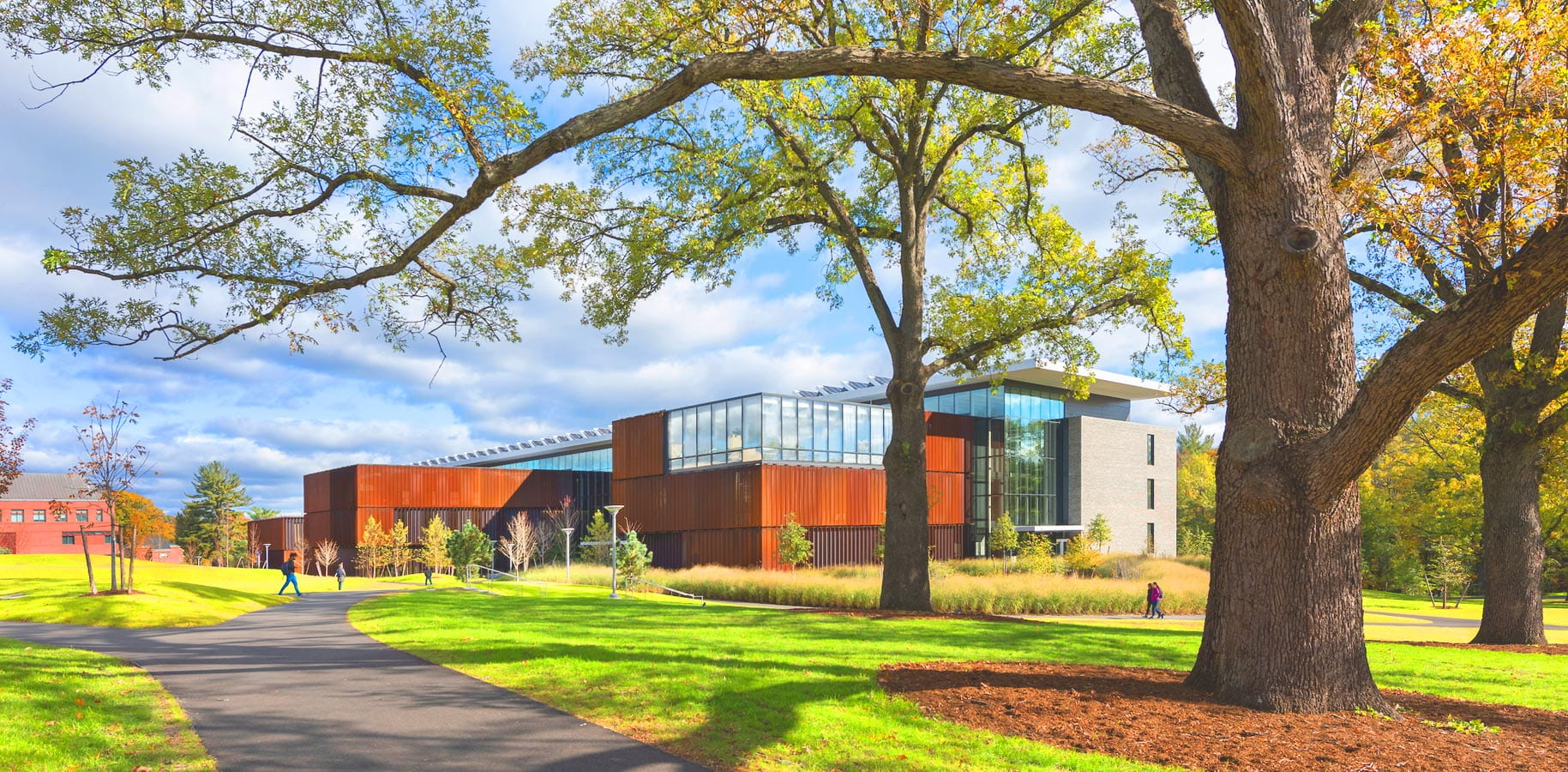Updated: Jul 3, 2020
Hi everyone! My name is Kate and I’m a member of the class of 2023 from Pocasset, Cape Cod, MA. I love the ocean and my internship this summer provides the perfect opportunity for me to learn more about it.
This summer I will be working with Joel Llopiz on the Twilight Zone Project at the Woods Hole Oceanographic Institute. The Twilight Zone is the largest mass migration on the planet, but we never see it and don’t know much about it. Everyday in the Twilight Zone, species of fish, zooplankton, and many other species go to the very depths of the ocean during the day to hide from predators then go to the top to feed at night. With the movement of these species, they likely bring lots of carbon dioxide with them to the deep ocean. This could be helping to reduce global carbon dioxide levels in the air. It is sort of mother nature’s way of controlling climate change. However, with increasing a human population and the demand for food rising, fishermen are looking at the Twilight Zone to fish for food, krill oil, and cat food. Our lab is trying to help figure out if that is safe by examining which species are present, their lifespan, and reproductive timeline.
For the first part of the summer, I will be working remotely to analyze images taken in the lab of samples from the Twilight Zone to examine which species are present and the mass of these species. This can then be used to compare to audio data they gather by sending sound waves toward the species and recording what echoes back. This will allow us to have a better idea of the amount of different species present. Hopefully in August I will be able to go into the lab and dissect some of the fish to gather data on their age and reproduction timeline. But for now, everything will be remote. By gathering information on how many species are present, their lifespan, and reproductive timeline, we will have a better idea of the impact of the Twilight Zone on climate change and if it is safe to be fished.
I have never done research remotely before so I’m excited to see what works and what doesn’t. Then, by blogging about it, I hope to share my experience with the Amherst community to inform students and professors what remote internships can look like.
